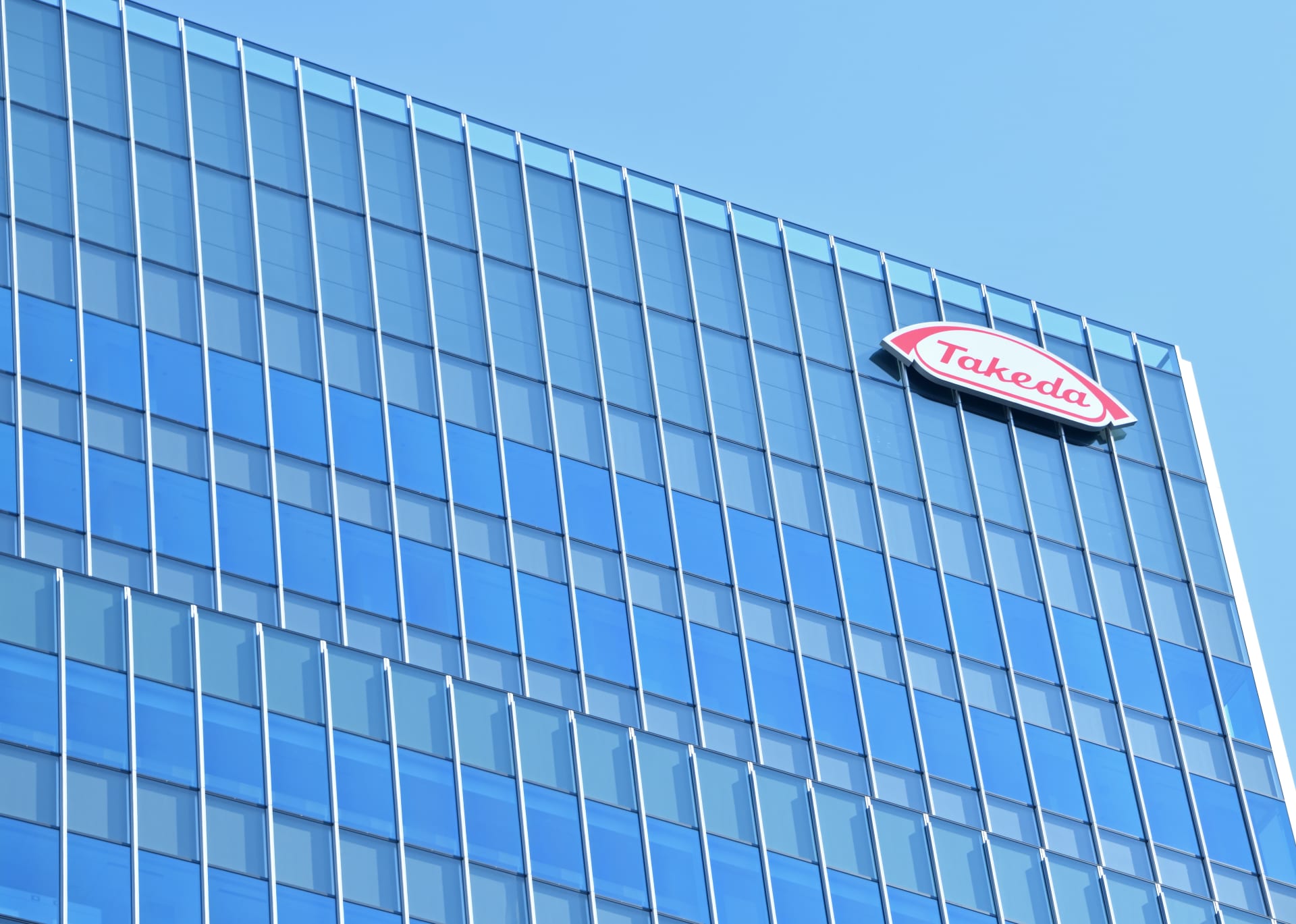Takeda Vietnam
Vietnam
A global values-based, R&D-driven biopharmaceutical leader, Takeda is committed to creating better health for people and a brighter future in Vietnam.
Present in Vietnam since 2014, we are committed to transforming lives by delivering life-transforming treatments in our core therapeutic and business areas, including gastrointestinal and inflammation, rare diseases, plasma- derived therapies, oncology and vaccines.
Takeda is headquartered in Tokyo, Japan, with a global hub in Cambridge, MA, United States. We have a presence in approximately 80 countries and regions, a network of manufacturing sites around the world, and major research centers in Japan and the United States. In Vietnam, our offices are based in Ho Chi Minh City and Hanoi.

Careers
Contact Us

Takeda Viet Nam Pharmaceuticals Limited
Phone
To report suspected side effects for Takeda products
Medical information and other inquiries for Takeda products
Patients should always consult their doctor for medical advice.
Additional Information
Updated: 2 November 2023 - It has been brought to our attention that the name and logo of Takeda Pharmaceutical Company Limited have been used without authorization to solicit investments on the TVD-VN platform in attempts to defraud members of the public via notices, scam emails, digital mobile apps, social media platforms, and social messaging apps. These unauthorized individuals have been using the Takeda name and logo to purport to provide opportunities to profit by investing in products and drugs by Takeda. The matter is currently under investigation, and we reserve the right to take legal action on the matter.
Takeda Pharmaceutical Company Limited, Representative Offices of Takeda Pharmaceuticals (Asia Pacific) Pte. Ltd. in Ho Chi Minh City and Hanoi, and any of the Takeda affiliated companies are not in any way affiliated, involved, nor associated with the above scheme or platform.
It is important to note that Takeda would never ask individuals to provide their own money as part of any legitimate research or business opportunity, and Takeda would also never ask any organizations to invest their money through unverified methods without proper documentation and compliance processes. Takeda would advise its partners, healthcare professionals, stakeholders, and the public not to respond to this scheme and report to relevant authorities in case of doubt.
